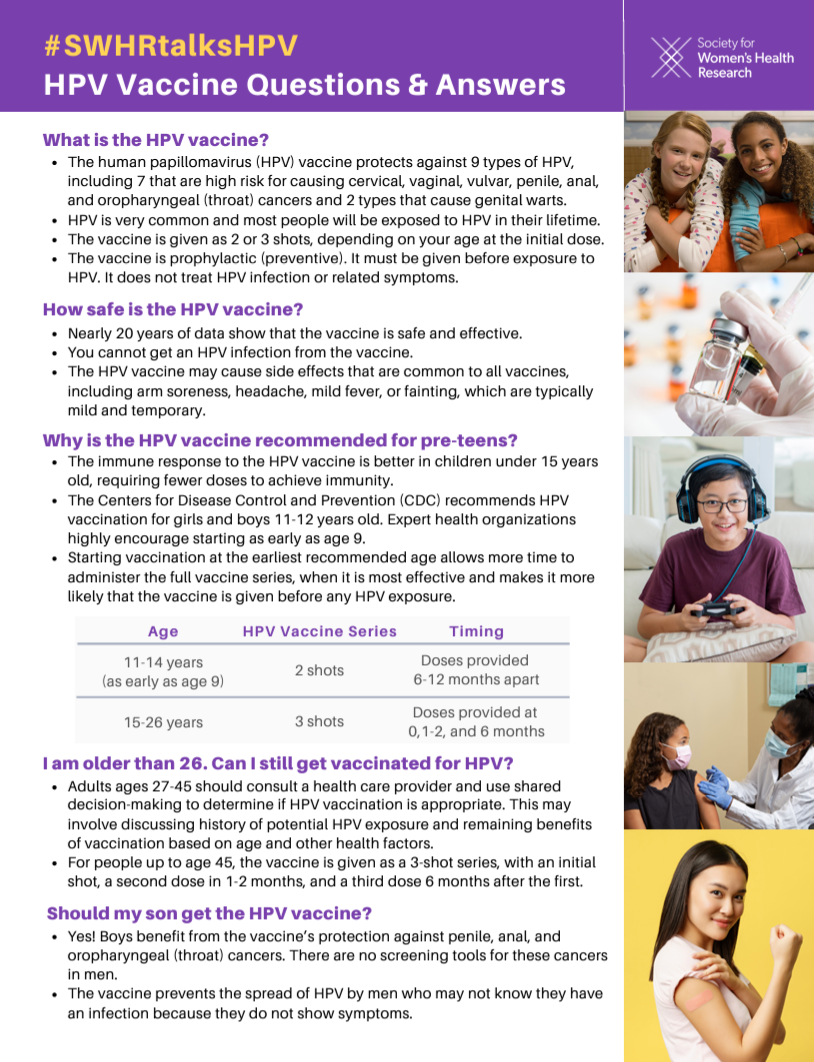- About
- Programs
- Health Focus Areas
- Alopecia Areata
- Alzheimer’s Disease
- Atopic Dermatitis
- Autoimmune Diseases
- Bone Health
- Diagnostics
- Endometriosis
- Expanded Carrier Screening
- Eye Health
- Fertility
- Heart Health
- HPV & Related Diseases
- Liver Health
- Lupus
- Maternal and Infant Health Disparities
- Menopause
- Migraine
- Narcolepsy
- Noninvasive Prenatal Screening
- Obesity
- Osteoarthritis
- Polycystic Ovary Syndrome
- Psoriatic Arthritis
- Sleep Health
- Urology
- Uterine Fibroids
- Vaccines
- Menu Item
- Health Focus Areas
- Policy
- Resources
- Get Involved
- Events
- Blog
- About
- Programs
- Health Focus Areas
- Alopecia Areata
- Alzheimer’s Disease
- Atopic Dermatitis
- Autoimmune Diseases
- Bone Health
- Diagnostics
- Endometriosis
- Expanded Carrier Screening
- Eye Health
- Fertility
- Heart Health
- HPV & Related Diseases
- Liver Health
- Lupus
- Maternal and Infant Health Disparities
- Menopause
- Migraine
- Narcolepsy
- Noninvasive Prenatal Screening
- Obesity
- Osteoarthritis
- Polycystic Ovary Syndrome
- Psoriatic Arthritis
- Sleep Health
- Urology
- Uterine Fibroids
- Vaccines
- Menu Item
- Health Focus Areas
- Policy
- Resources
- Get Involved
- Events
- Blog

